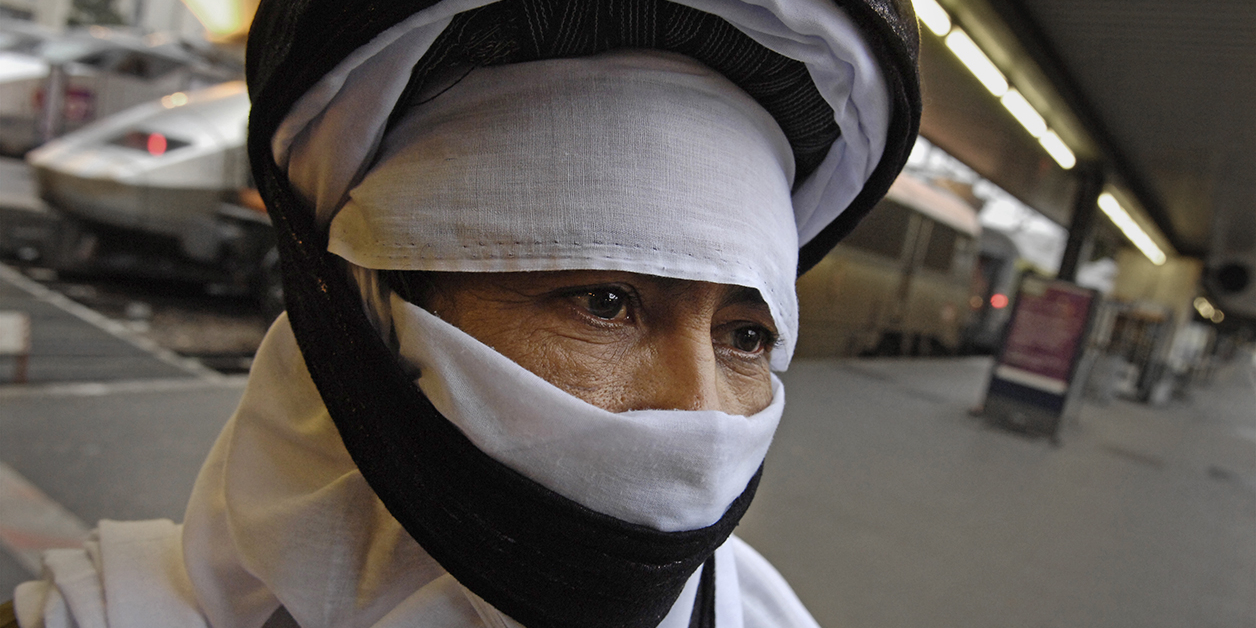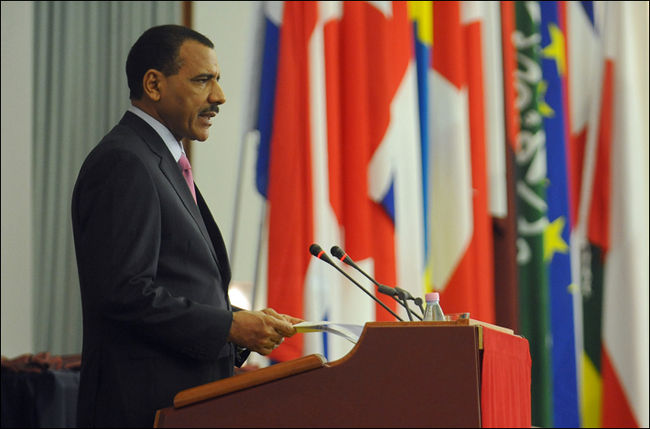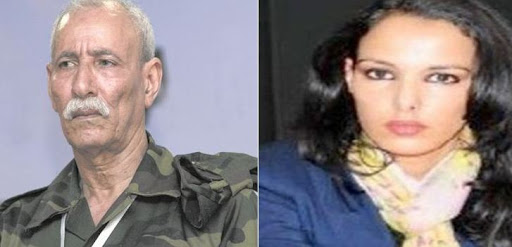The new Sahel nation states have obviously failed to embrace diversity and integrate the Tuareg people whose leaders in Mali and Niger consider a return to the armed struggle against the centralized states.
The Tuareg are a nomadic Amazigh people scattered in the greater Sahara notably in what is now southern Algeria and Libya to a lesser extent in addition to northern Mali and Niger.
The Tuareg have led multiple rebellions against Niamey and Bamako in the 1990s. The most recent remarkable revolt that was in 2012 when the National Movement for the Liberation of Azawad (MNLA) led an armed uprising to establish a state in the Azawad in northern Mali.
Now, with the military coups in Mali and Niger, the Tuaregs feel previous deals to ensure a sort of cohabitation with the centralized states are sapped and the prospects for a peaceful solution to the Tuareg issue are dim.
After the coup in Niger, powerful Tuareg leader and former minister in Bazoum administration, Rhissa Ag Boula announced the formation of the Council of the Resistance for the Republic (CRR), will aim to reinstate ousted President Mohamed Bazoum, who has been in detention at his residence since members of the presidential guard took power on July 26.
This marks the beginning of armed resistance against the new military leaders who are also facing pressure from neighboring ECOWAS countries, except fellow military junta leaders in Mali and Burkina Faso.
Boula has strong influence and operational knowledge of Niger as he has led two Tuareg insurgencies in the 1990s, the other from 2007-09.
In Mali, Tuareg political and armed factions in the Azawad region formed a coalition called CMA in a context of deterioration of relations with Goita, Bamako kingmaker.
Analysts fear that a return to arms in the Azawad is very likely as CMA accused Bamako of violating the power sharing deal of 2014.
Meanwhile, Algeria continues to watch events as they unfold to its disadvantage. Containing the Tuareg struggle and averting any independence of the Tuareg nation or even autonomy has been a prime goal of Algiers which fears a spill over in its south.
Recently, the media reported about the killing of Algerian soldiers by a newly formed Tuareg independence movement in southern Algeria.
The Tuareg in Mali and Niger distrust Algeria whom they blame for terrorism in the Sahel.
Algeria’s security services have combated terrorism in the black 1990s decade but has also created terrorist groups and manipulated terrorist attacks. with the advent of Bouteflika, Algeria’s strategy has been to combat terrorism by pushing terrorists or rather exporting terrorism outside its borders to its neighbors in the Sahel.
Furthermore, some terrorist groups have been used by Algeria’s intelligence agency as a tool to maintain an upper hand on Sahel states. The connivance of Algeria’s secret services with Algerian national Moukhtar Belmoukhtar, AKA Mr Marlboro, is documented. International reports have also accused Algeria of cooperating with Ansar Eddine and its leader Ag Ghali to quell the independence ambitions of the secular Azawad movement. Algeria’s support for Ag Ghali was intended to foster extremism in the region to avert a spillover of an independent Tuareg state on its own Tuareg population.
Algeria’s laxism with Ag Ghali facilitated the merger of four terrorist groups operating in the Sahel into one group pledging allegiance to Al Qaeda and its Jordanian leader Azarkawi. The four terrorist groups were brought together under the command of Ag Ghali. The new terrorist organization bears the name of “Jamaât Nasr Al islam wa Al mouminin” (Group for the Defense of Islam and the Muslims).



